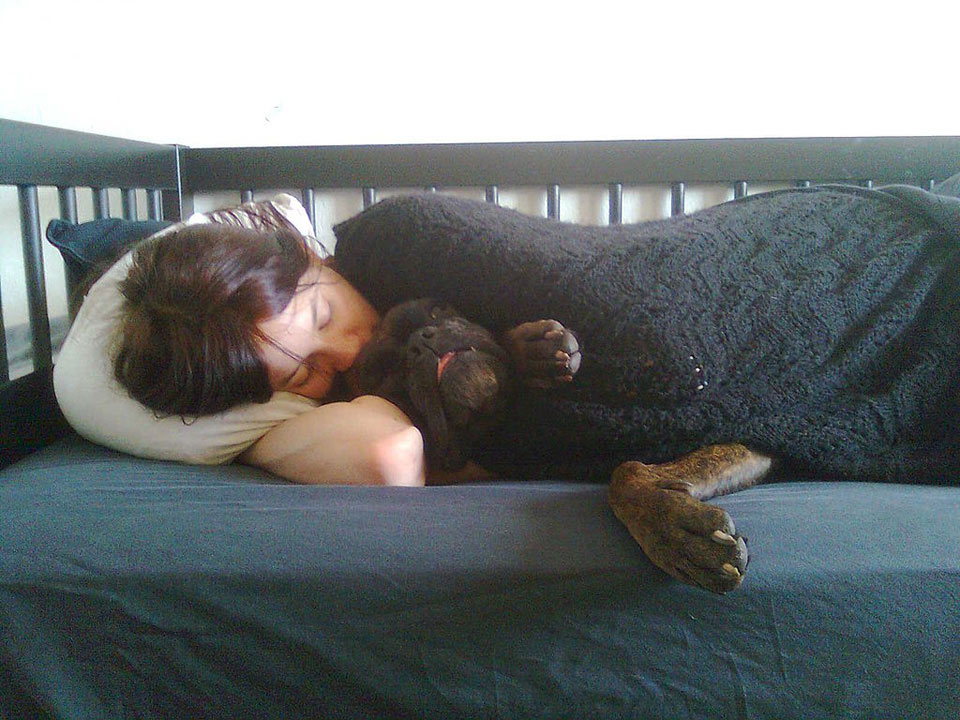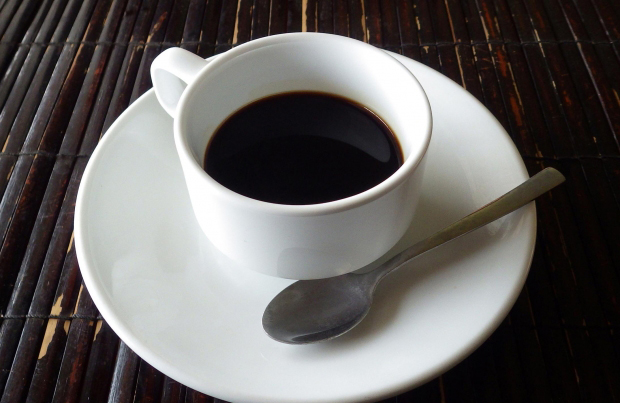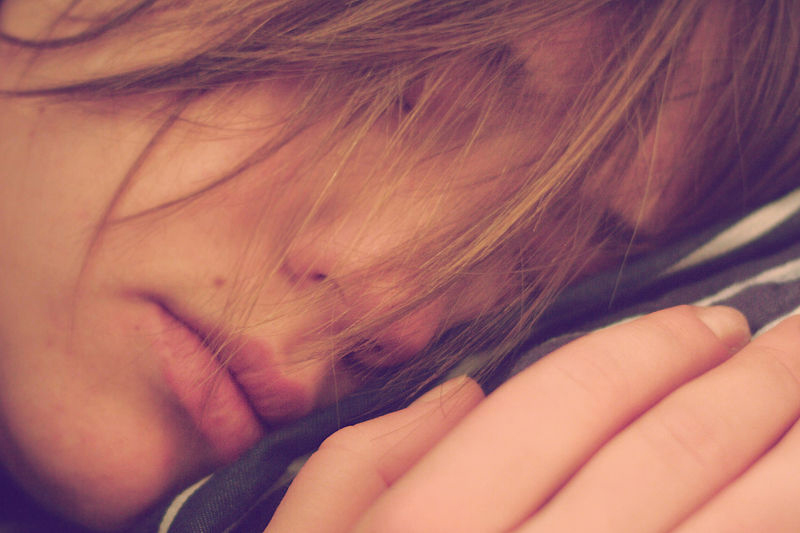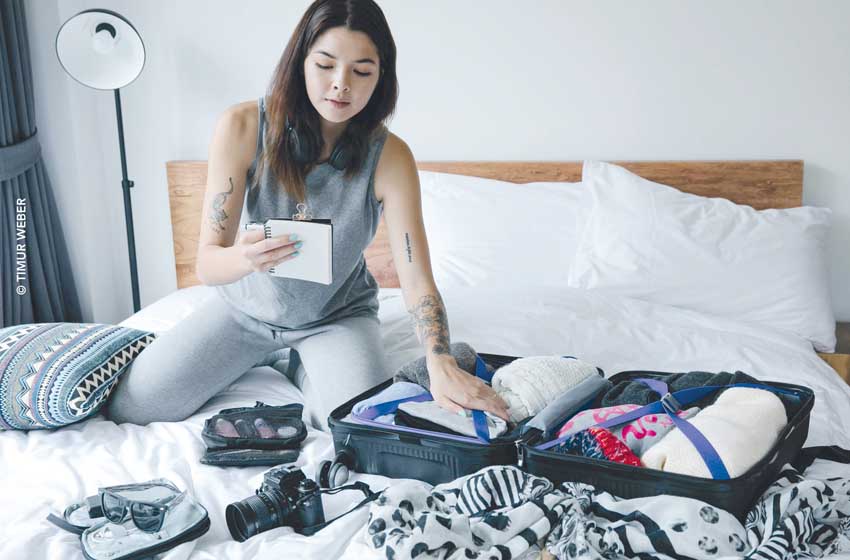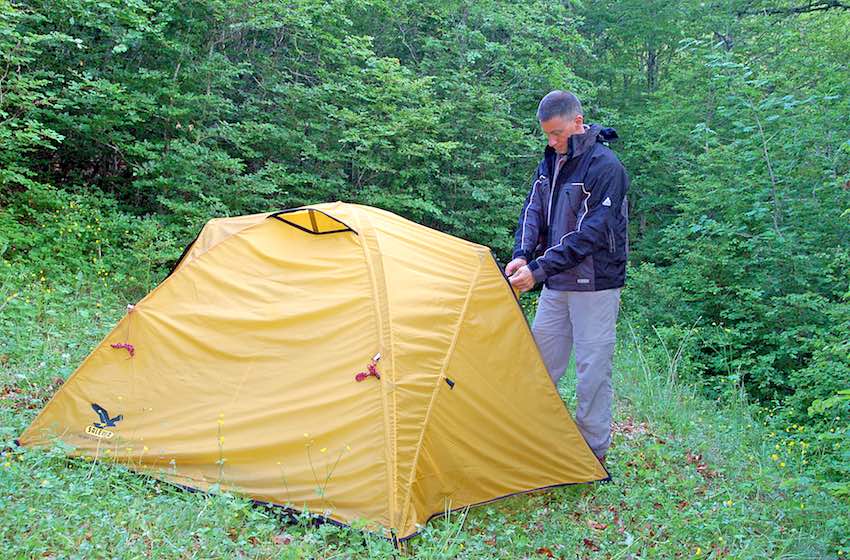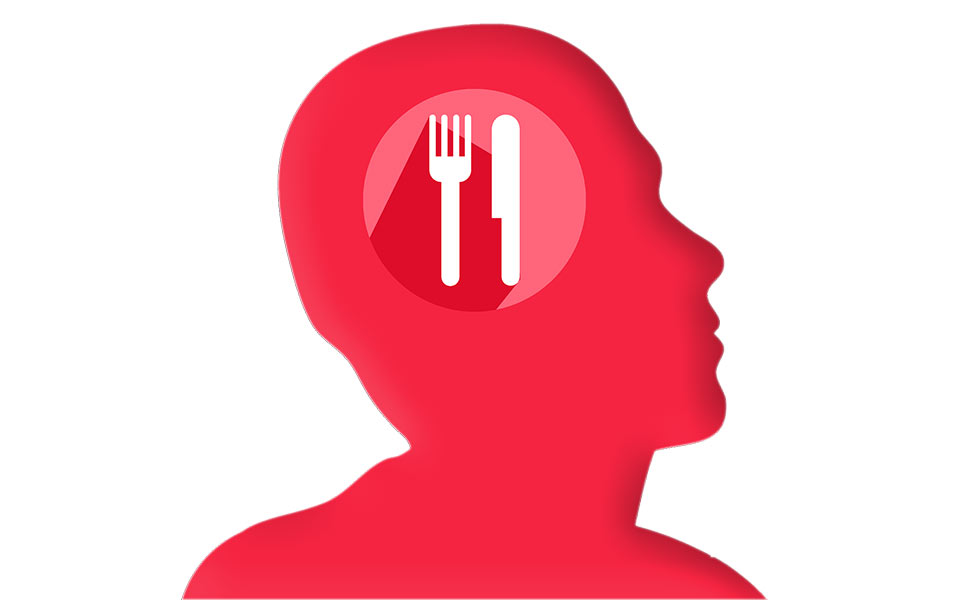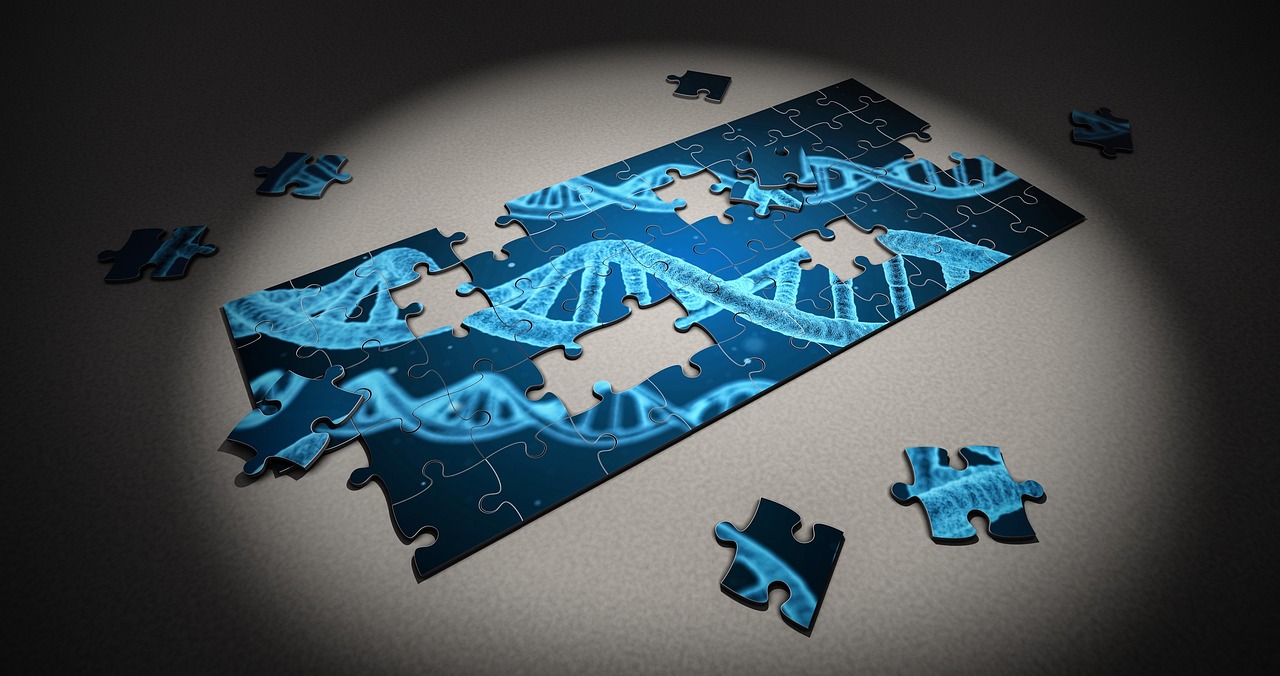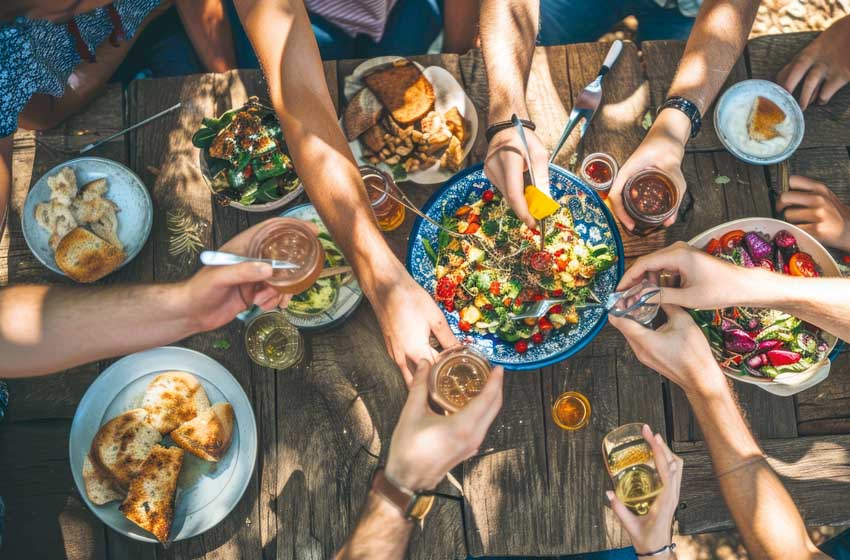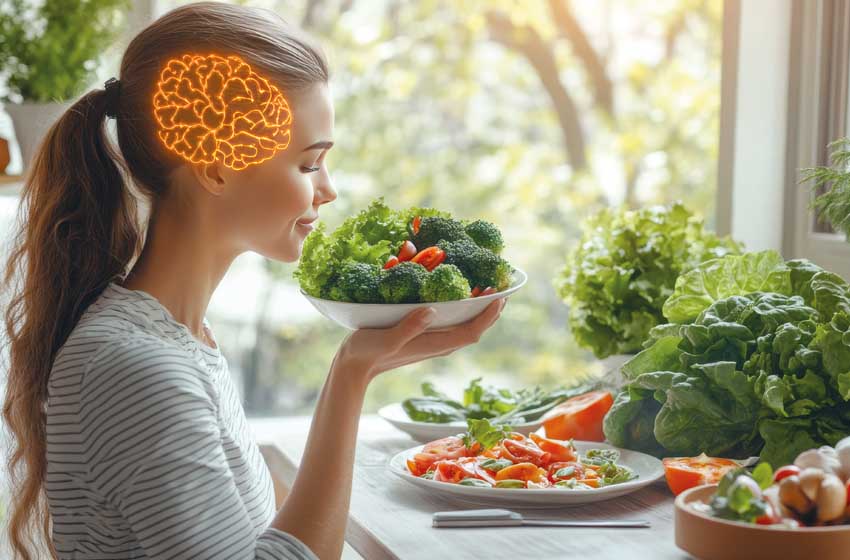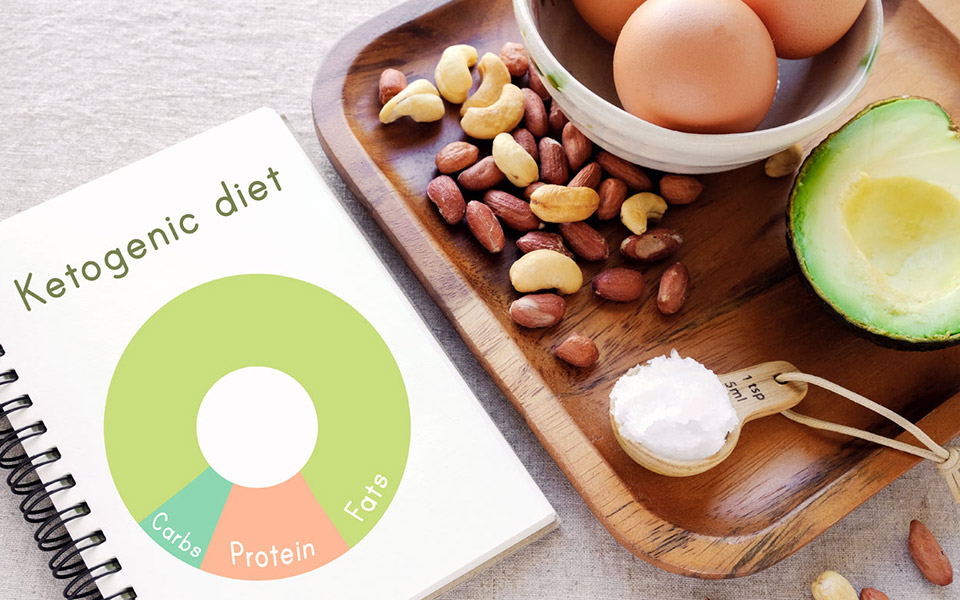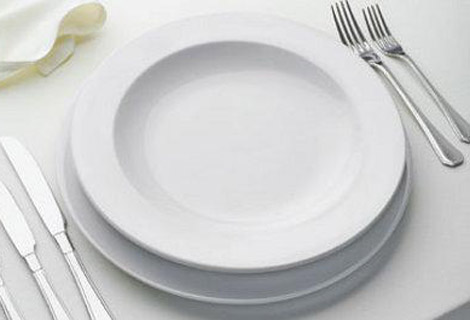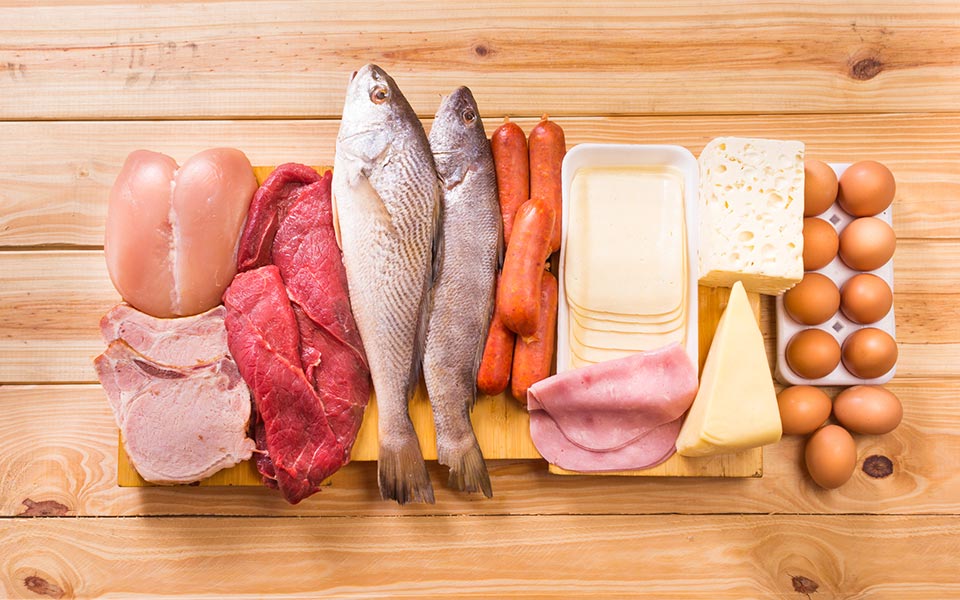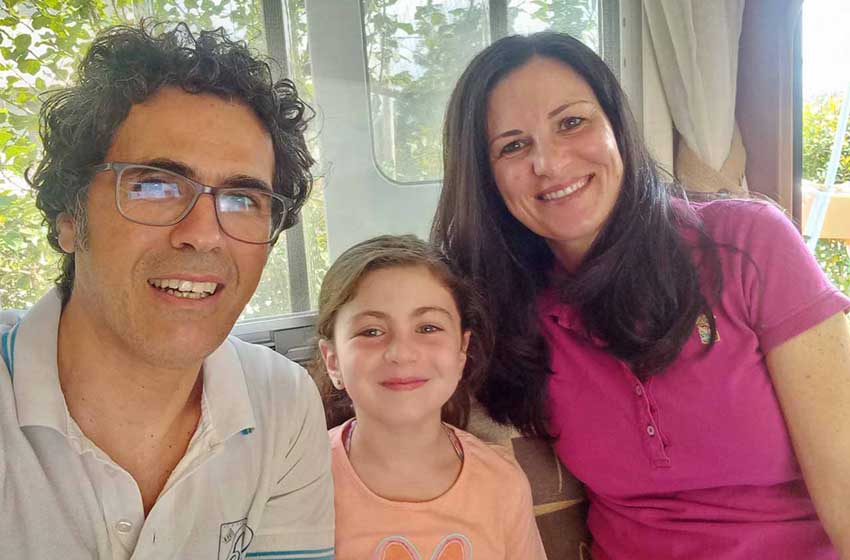To improve the quality of sleep, some precautions in nutrition are sometimes also useful, especially in the composition of dinner. We'll talk about it with Doctor Debora Rasio, medical director at the Sant'Andrea Hospital in Rome who takes care of the column dedicated to natural nutrition for us.
Waking up fresh and rested after a night of uninterrupted sleep is an experience that many of us have longed for. A good restful sleep allows us to face the day with a charge of renewed energy, improves mood, helps us keep weight under control, strengthens the immune system and reduces the risk of cardiovascular diseases.
Many factors interfere with the quality of sleep, some of which are difficult to change, such as excessive stress at work or the arrival of menopause, while others are easier to approach.
To ensure good sleep, sometimes it is enough to change the composition of dinner. For some, it may be necessary to resort to herbal teas or herbal preparations. We try to limit as much as possible the use of drugs which, by modifying the production of neurotransmitters, can interfere with the quality of sleep and wakefulness and give rise, over time, to unpleasant side effects.
What to avoid to sleep better
Those who are sensitive should avoid consuming coffee or caffeinated drinks after 11.00 in the morning. In fact, in some, the activating effect of caffeine can last up to 12 hours after its consumption.
Avoid consuming alcohol at dinner. In fact, although alcohol induces drowsiness, it disturbs deep sleep, alters circadian rhythms and aggravates liver functions, making us wake up tired in the morning.
A good rule is to eat a rather frugal dinner, so that digestion does not interfere with sleep, disturbing it. For the same reason, at least 3-4 hours should pass between dinner and falling asleep.
The composition of the meal is very important: those who suffer from insomnia should avoid evening proteins, especially meat ones, rich in tyrosine and phenylalanine, amino acids precursors of dopamine and norepinephrine, hormones with an activating action on brain functions.
In the evening we should also prefer carbohydrates, which stimulate insulin and favor the passage of tryptophan into the brain, a precursor of serotonin, a hormone with a sedative effect. To refined pasta or rice we prefer a whole grain such as barley, spelt, millet, quinoa, brown rice or oats, rich in magnesium and B6, micronutrients involved in the metabolism of tryptophan.
Some foods, due to their particular composition of micronutrients (for example magnesium, calcium and vitamin B6) or the presence of particular active ingredients, have a sedative effect.
Here is a list of foods to bring to the table in case of insomnia.
Brown rice, spelt, barley, oats, quinoa
Almonds, pine nuts
Cooked lettuce (contains substances such as lactucicopicrin and lactucin, which have an opioid-like effect), green beans, courgettes, garlic, potatoes
Apple (also cooked), banana, mandarin
Finally, among the sedative foods let's not forget the milk, which generations of mothers have used to finally put their recalcitrant children to sleep.
How to stimulate sleep
Here are some examples of meals with which to stimulate sleep:
Raw spelled or oats (seasoned with chopped pine nuts, almonds, parsley, basil, garlic, cherry tomatoes, oil and parmesan), sautéed courgettes, 2 mandarins
Pasta with Genoese pesto (made with green beans, potatoes, garlic, basil, pine nuts, oil and parmesan), apple
Lettuce cream (prepared with a small potato to thicken) with parmesan, toasted sourdough bread, cooked apple with raisins and pine nuts
If food is not enough to promote sleep, we can resort to plants: before going to bed let's prepare a herbal tea based on chamomile, passionflower, valerian, lime and hawthorn, with sedative action. Those who don't like herbal teas can take these herbs in capsule or drop form.
Those who suffer from insomnia or disturbed sleep for a long time can benefit from taking 1 mg of melatonin before going to bed, to restore the body's natural biological rhythms.
Let's not forget that to promote the natural production of melatonin we must sleep in complete darkness; even small beams of light emitted by electrical equipment can create disturbance. Before going to bed, therefore, let's get used to unplugging from any equipment in the room, as well as from the thoughts of the day, hoping to finally be welcomed into the merciful arms of Morpheus.
Doctor Debora Rasio
Nutritionist at the Sant'Andrea hospital
La Sapienza University of Rome
Graduated in medicine and surgery and specialist in oncology, Debora Rasio boasts notable research activity abroad too - among her collaborations is that with the Kimmel Cancer Center of Thomas Jefferson University in Philadelphia. It was precisely her activity as an oncologist and her studies in the field of molecular biology that led her to become interested in nutrition as a tool for protecting health. Dr. Rasio also boasts collaborations with the television programs Uno Mattina (RaiUno) and Cose dell'altro Geo (RaiTre).



